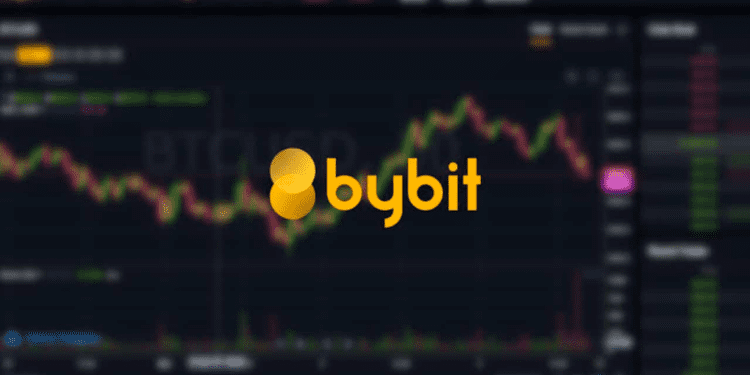- The Japanese Financial Services Agency has issued warning letters to BitForex, Bybit, Bitget, and MEXC Global for operating in Japan without registration
- Japan is working on new regulations for the crypto and Web3 sectors, and tighter restrictions on foreign exchanges may be on the horizon
- The move may be part of a global push by regulators to protect investors from scams and unregulated practices, and it remains to be seen how Japan will proceed with its crypto and Web3 sector regulations
Cryptocurrency exchanges Bybit, Bitget, BitForex, and MEXC Global have received a warning letter from the Japanese Financial Services Agency for operating crypto services in the country without the proper registration. Japan has been relatively lenient on crypto regulations in the past. Still, this move may be part of a more significant push by regulators worldwide to tighten controls on the industry and protect investors from scams and unregulated practices.
The FSA has said that the exchanges are violating the country’s fund settlement laws by “conducting crypto asset exchange business without registration,” Japan is currently working on new regulations for the crypto and Web3 sectors, which may see tighter restrictions on foreign exchanges operating within the country. Bybit previously received a warning letter from the FSA for working without necessary permissions back in 2021.
A spokesperson for Bitget has responded to the warning letter by stating that the company operates through a Seychelles-registered firm and will contact the FSA for more information. The representative also mentioned that all operations and services remain normal for Bitget customers.
As the crypto industry continues to grow and mature, the community will likely see more countries taking a more proactive approach to regulation. Japan’s move to tighten restrictions may be an attempt to safeguard investors and prevent more unregulated practices. It remains to be seen how Japan will proceed with its regulations for the crypto and Web3 sectors, but tighter controls may be on the horizon.
Japan vs. Crypto
Japan was at the forefront of the cryptocurrency movement back in the day. The popularity of crypto mining and trading skyrocketed with Bitcoin, and Mt. Gox, a Japanese company, became the largest cryptocurrency exchange worldwide.
Despite suffering a loss worth millions of Bitcoin due to a hack in 2014, the Japanese government did not ban cryptocurrency altogether. Instead, it concentrated on safeguarding consumers and acknowledged cryptocurrency as a form of currency in 2016.
However, in recent years, Japan has fallen behind other Asian countries in crypto adoption. A Statista study in 2020 reported that only 4% of Japanese citizens used or owned cryptocurrencies, compared to China (7%), India (9%), and Vietnam (21%). The stability of the yen has restricted the growth of cryptocurrencies in the country.
The COVID-19 pandemic, on the other hand, has impacted consumer behavior by driving a shift from traditional cash payments to digital payments. This prompted the government to explore innovative uses of digital technology. In September 2022, it issued non-fungible tokens (NFTs) to seven mayors to recognize their contributions to their communities. Japan was among the first national governments to grant NFTs as extra rewards using advanced digital technology.
While Japan may no longer be at the forefront of the crypto revolution, its latest move to reward NFTs to deserving mayors shows that the country is still exploring innovative ways to leverage digital technology for the advantage of its people. As we continue to face economic uncertainties, it’s evident that cryptocurrency and digital technology are rapidly establishing themselves as essential factor in the global economy.














